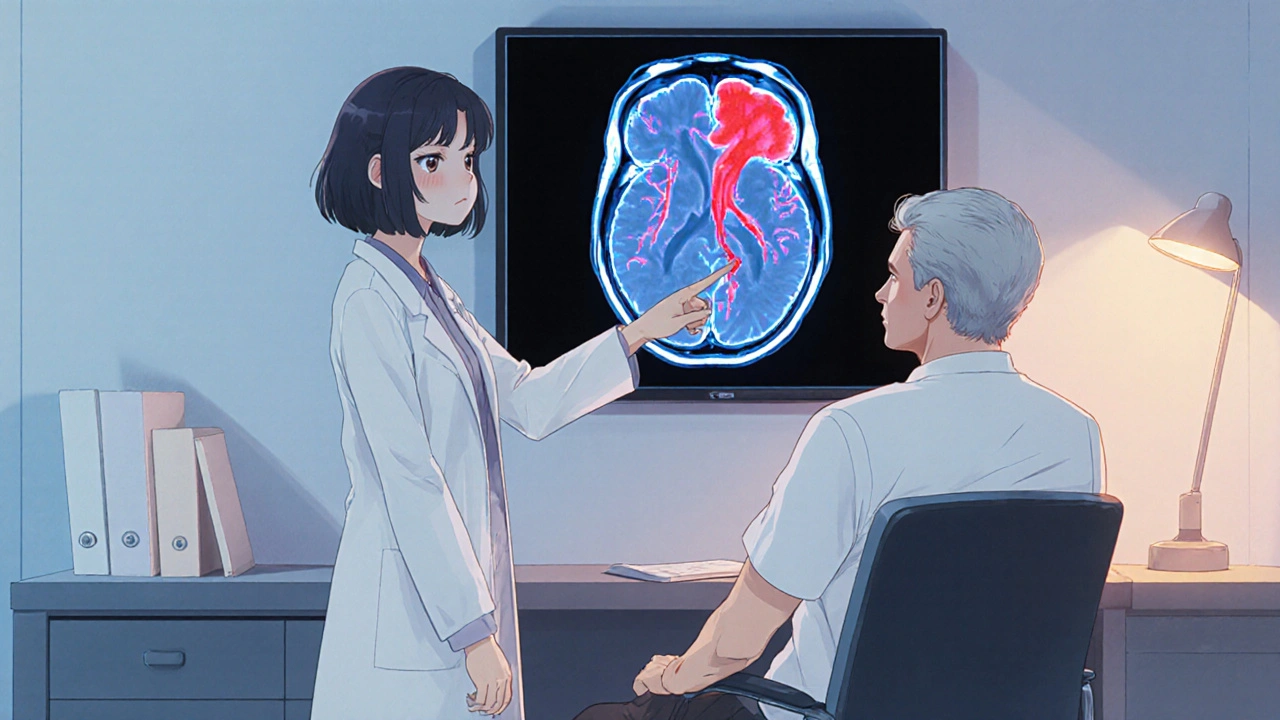Vascular Dementia: Causes, Symptoms, and What You Can Do
When blood flow to the brain gets blocked or reduced, it can lead to vascular dementia, a type of cognitive decline caused by damaged blood vessels in the brain. Also known as post-stroke dementia, it doesn’t happen all at once—it builds up over time, often after one major stroke or many small ones. Unlike Alzheimer’s, where memory loss is the main symptom, vascular dementia often shows up as trouble with planning, slow thinking, or sudden changes in mood or behavior.
This condition is closely tied to high blood pressure, a leading cause of blood vessel damage in the brain, and diabetes, which increases the risk of tiny blood clots and narrowed arteries. People with atrial fibrillation, high cholesterol, or a history of smoking are also at higher risk. The damage isn’t always visible on a regular scan—sometimes it’s just small areas of dead tissue, called infarcts, that add up. Each one chips away at mental function until it’s clear something’s wrong.
What makes vascular dementia different is that it can sometimes be slowed—or even stopped—if caught early. Managing blood pressure, controlling blood sugar, quitting smoking, and taking blood thinners if needed can reduce further damage. It’s not about reversing what’s already lost, but protecting what’s left. Many people with this condition still live for years with good quality of life, especially when they have support, routine, and clear care plans.
The posts below cover real-world details you won’t find in brochures: how to track medication changes after a stroke, how certain drugs affect brain blood flow, what supplements might help or hurt, and how to spot early warning signs before another episode happens. You’ll find comparisons between treatments for related conditions like high blood pressure and diabetes, tips for managing memory lapses at home, and advice on working with doctors to prevent further decline. This isn’t theory—it’s what people are actually doing to stay safe and sharp.

Donepezil’s Role in Treating Vascular Dementia - What You Need to Know
Explore how Donepezil, an acetylcholinesterase inhibitor, can improve cognition in vascular dementia, dosing tips, benefits, risks, and how it compares to other drugs.
More Detail